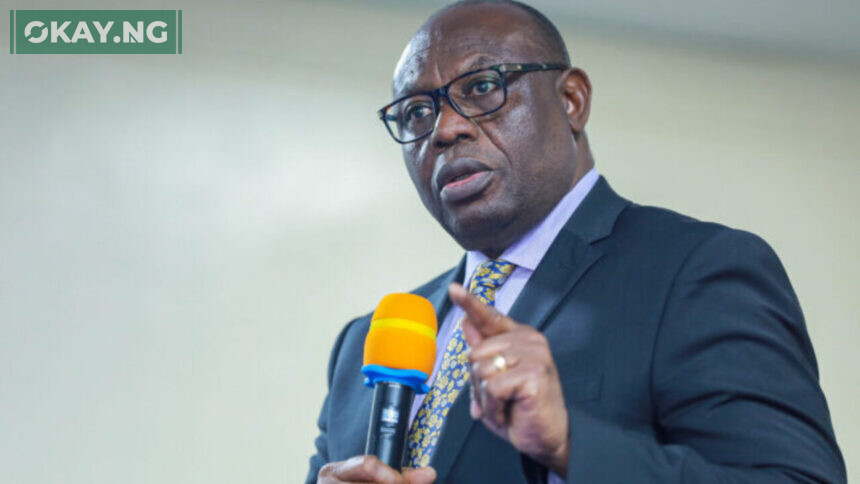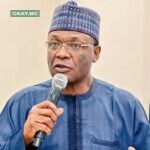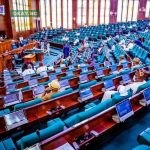The Independent National Electoral Commission (INEC) has disclosed the method by which results from polling units will be transmitted during the upcoming governorship and house of assembly elections.
The Commissioner of the Information and Voter Education Committee, Festus Okoye, revealed this information while speaking on Arise TV on Friday.
Okoye highlighted that INEC has learned valuable lessons from the February 25 presidential and National Assembly elections, stating, “The law as of today prescribes a dual mode of either transmission of results or transfer of results.”
He went on to explain that after polls closed at the level of the various units, the Presiding Officer who supervised the polling unit would enter the scores of the various political parties in form EC8A, which is the polling unit level result.
“The PO will sign that particular result sheet and stamp it, the PU agent or party agent if available will also countersign and copies will be given to them and the police,” Okoye stated.
“That original result will be what will be scanned and uploaded to our INEC Result Viewing Portal for public viewing. Not only that, the accreditation data that has arisen from that polling unit will also be uploaded, but the physical result and the BVAS itself will also be taken to the Registration Area Collation centre.”
He further explained that the Collation Officer would have the benefit of seeing the original results, the BVAS itself, and the accreditation data as transmitted. That is the dual mode prescribed by the law for the commission and the one that would be used during this election.
Okoye also spoke on the real-time IREV delivery and how results would be transmitted as soon as the polls closed from various polling units.
“The commission is determined to improve on its previous performance,” he said.
“What we have done is to learn valuable lessons from previous elections that we conducted, and we’re going to put those lessons into our planning purposes and processes, and into our deployment purposes.”
On the commission’s preparedness, Okoye said, “As of today, what we’re having is what we call state assembly and governorship elections. In all the states of the federation, both the Bimodal Voter Accreditation System machines and all the sensitive election materials have left the Central Bank and the various state offices of the federation. We want to ensure that all polling units open on time.”
Okoye added that the electoral body has given refresher training to all categories of staff that would be involved in the elections. He stated that the country would be having 28 governorship elections and 993 state assembly constituency elections, saying, “It’s a huge election and INEC will be paying very close attention to what is going on in the various states.”









